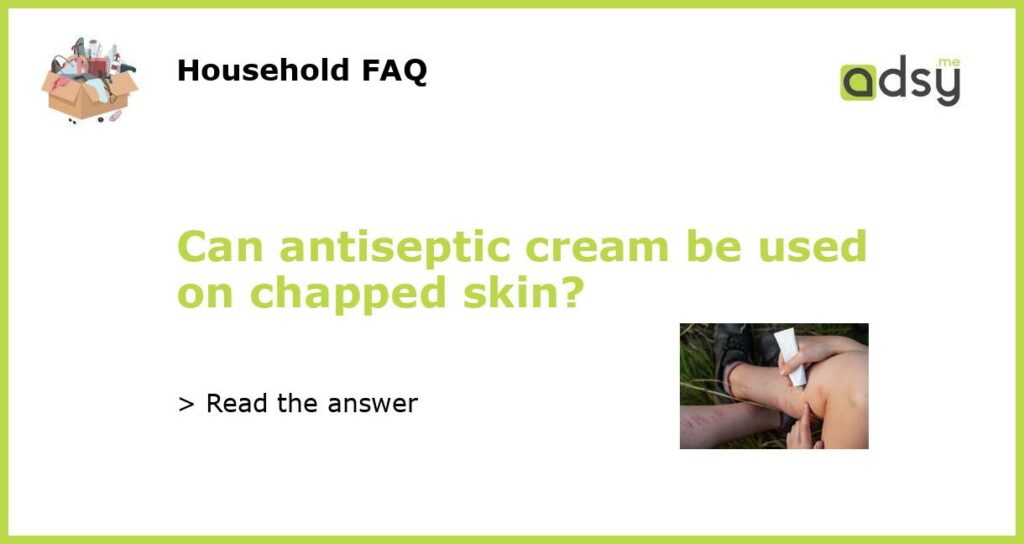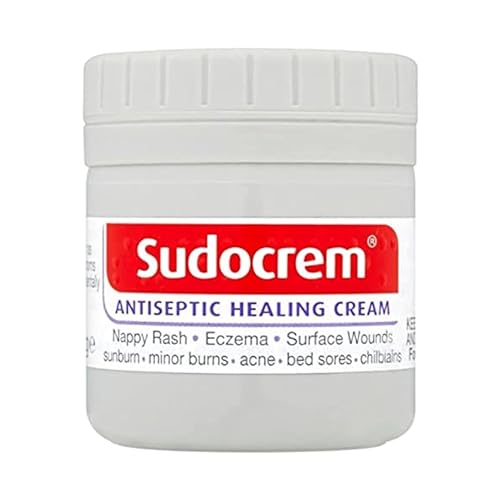Antiseptic Cream and Chapped Skin: What You Need to Know
Chapped skin is a common problem during the winter months, with the dry, cold air sapping the moisture from your skin. While there are several remedies for chapped skin, including lotions and emollients, many people wonder if antiseptic cream can also be used. Here’s what you need to know:
What Is Antiseptic Cream?
Antiseptic cream is a type of topical medication that is used to prevent infection in cuts, scrapes, and burns. It contains substances that kill or prevent the growth of microorganisms, such as bacteria and fungi. Antiseptic creams often contain ingredients like benzalkonium chloride, cetrimide, and chlorhexidine gluconate.
Can Antiseptic Cream Be Used on Chapped Skin?
In general, it is not recommended to use antiseptic cream on chapped skin. Antiseptic creams are designed to be used on open wounds to prevent infection, not on dry or irritated skin. The chemicals in antiseptic cream can be harsh and may actually make the chapping worse.
What Are the Best Remedies for Chapped Skin?
So, what can you do to remedy chapped skin? There are several effective options:
- Moisturize regularly with a gentle, fragrance-free lotion or emollient
- Avoid harsh soaps and hot water, which can further dry out the skin
- Apply petroleum jelly or a thick, occlusive cream to lock in moisture
- Stay hydrated by drinking plenty of water
When Should You See a Doctor?
If your chapped skin is severe, persistent, or accompanied by other symptoms, such as itching or bleeding, it may be a sign of a more serious skin condition, such as eczema or psoriasis. In these cases, it is important to see a healthcare provider for proper diagnosis and treatment.






